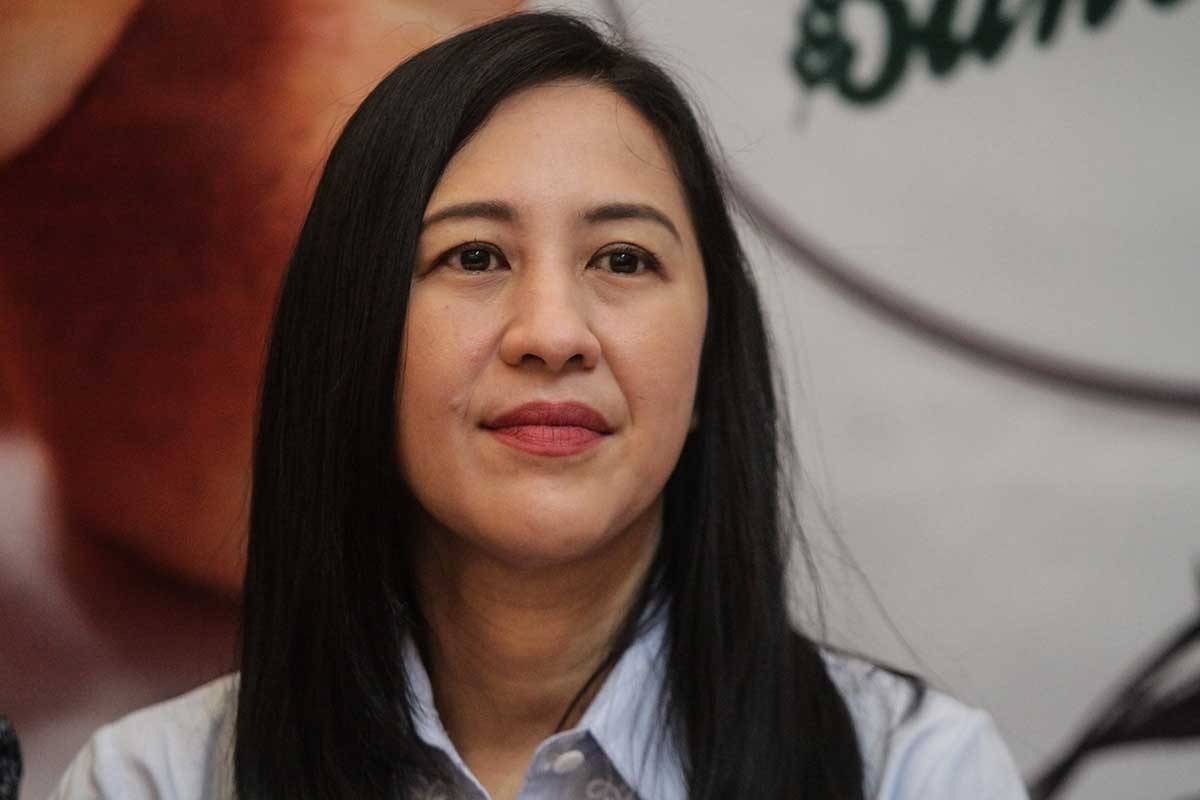Quezon City Mayor Maria Josefina “Joy” Belmonte is calling on lot owners to transform their idle lands into urban farms and take advantage of tax exemptions. In an effort to promote food security, the city’s Food Security Task Force (FSTF) has implemented a simplified procedure for landowners who use their land for urban farming to apply for tax exemption.
In 2020, Mayor Belmonte approved an ordinance that grants tax exemption to landowners who utilize their idle lands for gardening and composting for a minimum of three years. The produce grown on these lands can be used for personal consumption or made available to the public.
Mayor Belmonte believes that this initiative is a “win-win solution for both the landowners and the city.” By converting idle lands into urban farms, landowners can contribute to the city’s food security goals while also enjoying tax benefits.
To apply for idle land tax exemption, landowners need to follow a simplified process. They must submit an application letter, a duly accomplished application for waiver of idle land tax for food security, the latest photos of their property, and at least one copy of any of the following documents: the latest real property tax official receipt/tax bill, tax declaration, or land title. These documents can be submitted via email.
Upon receiving the application, the FSTF will send an inspector to validate the land and its usage for urban farming. Once approved, the landowner will be issued an urban agriculture activity certification (UAAC) signed by the mayor. The UAAC will then be forwarded to the City Assessor’s Office for idle land tax delisting.
“We highly encourage landowners of idle lands to make use of their land for urban agriculture, which can help the city achieve its food security goals, especially now that we have simplified our process,” said FSTF co-chairman Emmanuel Hugh Velasco.
Currently, there are 1,026 urban farms in Quezon City, managed by 25,650 urban farmers. These urban farms play a crucial role in ensuring a sustainable and locally sourced food supply for the city’s residents.
By converting idle lands into productive urban farms, landowners can contribute to the overall well-being of the city and its residents. Not only does urban farming enhance food security, but it also promotes a sense of community and sustainability.
Moreover, this initiative aligns with global efforts to combat climate change and promote sustainable development. Urban farming reduces the carbon footprint associated with transporting food from rural areas to urban centers. It also helps mitigate the effects of urban heat islands by increasing green spaces within the city.
For landowners, converting idle lands into urban farms presents an opportunity to generate income and utilize their property in a meaningful way. With the growing demand for locally sourced produce, urban farmers can establish a direct connection with consumers and potentially participate in farmers’ markets or community-supported agriculture programs.
Furthermore, engaging in urban farming can provide educational opportunities for children and adults alike. Schools and community organizations can collaborate with urban farmers to create learning experiences centered around sustainable agriculture, nutrition, and environmental stewardship.
In conclusion, Quezon City Mayor Maria Josefina “Joy” Belmonte’s call for landowners to convert idle lands into urban farms is an important step towards achieving food security and sustainable development. By simplifying the process for tax exemption, the city aims to encourage more landowners to participate in urban farming. This initiative not only benefits the landowners but also contributes to the overall well-being of the city and its residents. Through urban farming, Quezon City can create a more resilient and sustainable food system for the future.







